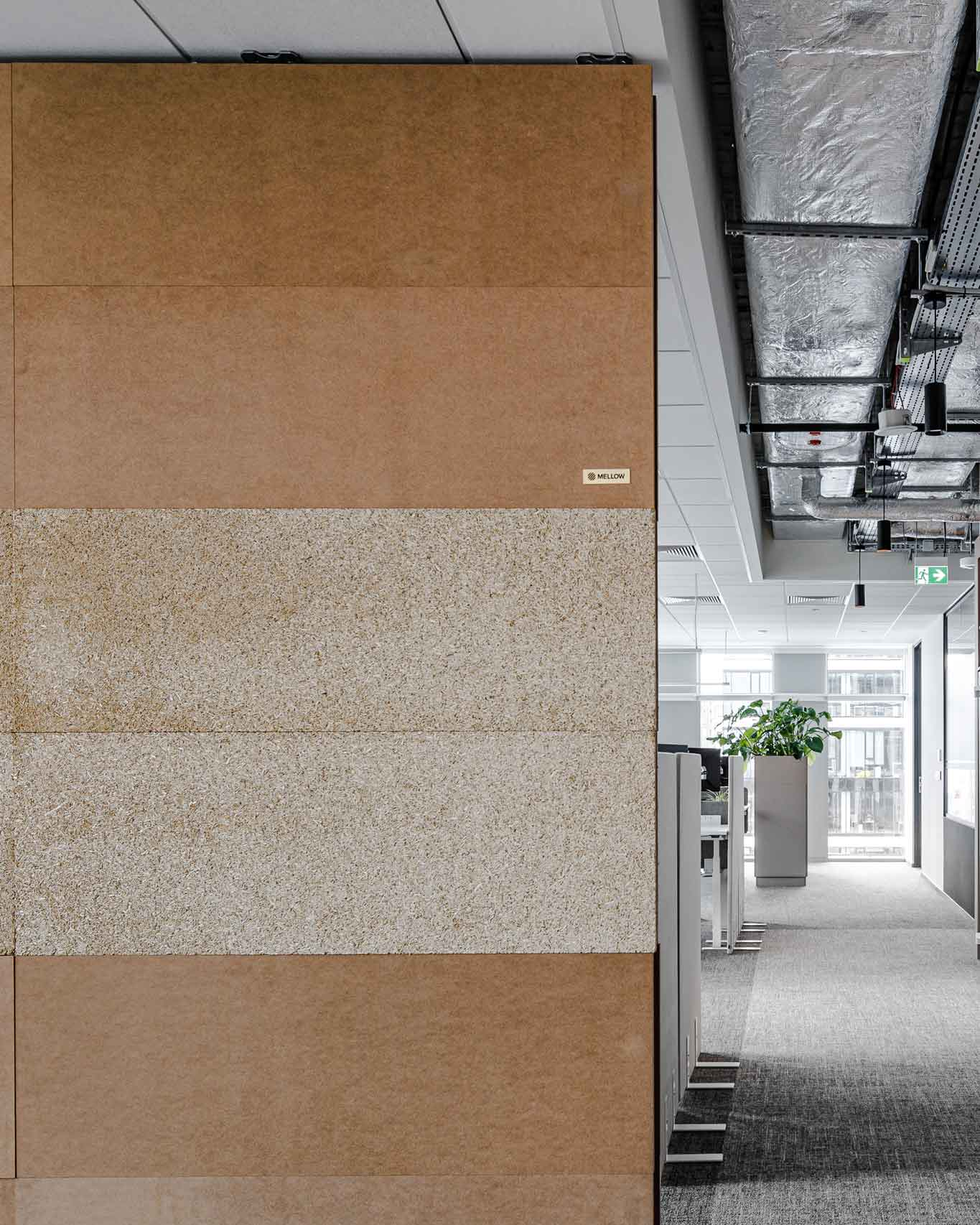
a world without waste: exploring the feasibility of a fully recycled economy
Introduction
In our modern world, the issue of waste management has become increasingly pressing. The concept of a world without waste, where every material is recycled into new goods, has captured the imagination of environmentalists and economists alike. But is such a vision feasible? In this article, we delve into the possibilities and challenges of achieving a fully recycled economy.
Understanding Recycling
The Purpose of Recycling
Recycling serves as a vital method of environmental protection, aiming to reduce the consumption of natural resources and minimize waste accumulation. By recovering raw materials from discarded products, recycling mitigates the strain on our planet’s finite resources.
Principles of Recycling
At its core, recycling seeks to maximize the reuse of waste materials while minimizing processing costs. This not only conserves natural resources but also protects the environment by reducing pollution and energy consumption.
Types of Recyclable Materials
Commonly Recycled Materials
Numerous materials, including glass, paper, cardboard, metal, plastic, tires, textiles, batteries, and electronics, undergo recycling processes. Each material presents unique challenges and opportunities for recycling.
Challenges in Recycling
While some materials, like metal cans, can be recycled indefinitely without quality loss, others pose significant difficulties or costs in the recycling process. Strategies such as material reusability and component recovery are employed to address these challenges.
Global Perspectives on Recycling
Leading Nations in Recycling
Countries like Germany have emerged as leaders in waste management and recycling, boasting impressive recycling rates and implementing innovative policies. The success of these nations underscores the importance of legislative measures and public awareness campaigns in promoting recycling practices.
Environmental Impact of Recycling
Recycling initiatives yield substantial environmental benefits, including reduced carbon emissions and resource conservation. Studies have shown that recycling efforts can significantly mitigate greenhouse gas emissions and alleviate pressure on landfills.
Beyond Traditional Recycling: Zero Waste and Circular Economy
Zero Waste Movement
The zero waste movement advocates for minimizing waste generation by adopting sustainable consumption habits. Embracing principles of reuse, repair, and resourcefulness, this approach encourages individuals and businesses to rethink their relationship with material goods.
Circular Economy Concept
In contrast to the linear “take-make-consume-throw-away” model, the circular economy emphasizes resource efficiency and waste reduction. By promoting reuse, refurbishment, and recycling, this innovative approach aims to create a closed-loop system where materials circulate within the economy indefinitely.
Conclusion
While achieving a world without waste presents formidable challenges, the concept of a fully recycled economy offers hope for a sustainable future. By embracing recycling practices, fostering innovation, and reimagining our consumption patterns, we can work towards a cleaner, greener planet for generations to come.
1. How does recycling benefit the environment?
Recycling reduces the demand for raw materials, conserves energy, and minimizes pollution, leading to a healthier environment.
2. What are some barriers to achieving a fully recycled economy?
Challenges such as technological limitations, economic incentives, and consumer behavior pose obstacles to realizing a fully recycled economy.
3. How can individuals contribute to recycling efforts?
Individuals can support recycling initiatives by practicing waste reduction, properly sorting recyclables, and advocating for sustainable policies in their communities.
4. What role do governments play in promoting recycling?
Governments play a crucial role in implementing recycling infrastructure, enacting legislation, and raising public awareness to support recycling initiatives.
5. Is it economically viable to invest in recycling?
While recycling can incur initial costs, the long-term benefits, including resource conservation and environmental protection, outweigh the economic considerations.
Latest Articles


building better with adaptable partition walls
